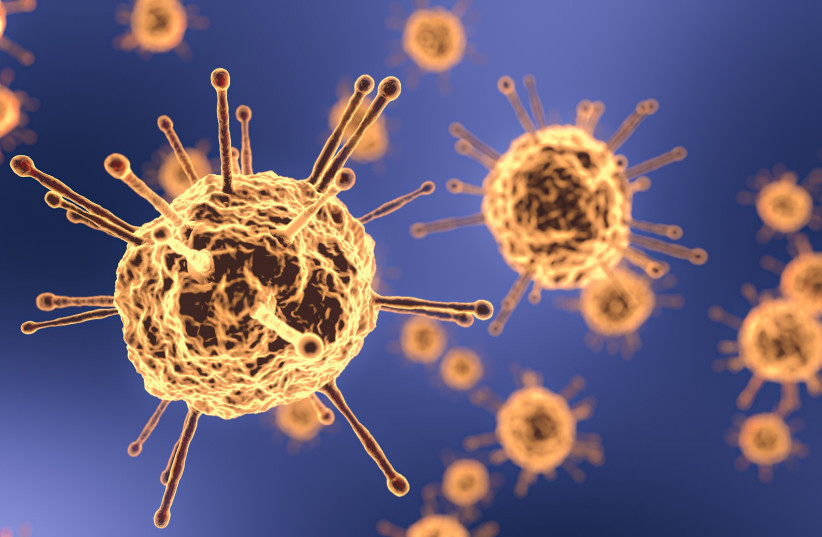Those with the greatest risk of developing severe COVID-19, specifically people over the age of 65, are the least likely to receive monoclonal antibodies (mAbs) across the United States, according to researchers from Harvard's T.H. Chan School of Public Health.
A peer-reviewed study, published on JAMA Network on Friday, reports that mAbs are "effective in treating mild to moderate COVID-19 among nonhospitalized patients."
Researchers analyzed nonhospitalized patients who had COVID-19 and compared their rate of mAbs treatment according to age, sex, race and ethnicity, region, chronic conditions and selected conditions associated with severe COVID-19.
Results included that the likelihood of receiving mAb therapy was lower among those with more chronic conditions, and unadjusted mAb therapy rates were also lower for older participants. In other words, the patients who are at most risk of dying from COVID are least likely to receive monoclonal antibody therapy.
Researchers also found that, regarding ethnicity, Black people were statistically less likely to receive mAbs than white people.
This may be due to more unhealthy patients having difficulty navigating the steps to receive mAbs, the research states. And supplies of mAbs may be low in some parts of the United States.

Michael Barnett, Harvard Chan School assistant professor of health policy and lead author of the study, stated that “monoclonal antibodies should first go to patients at the highest risk of death from COVID-19, but the opposite happened – the healthiest patients were the most likely to get treatment.”
Higher-risk patients should be prioritized to be hospitalized in order to get treatment, as federal guidelines state. However, mAbs have recently been in short supply.
